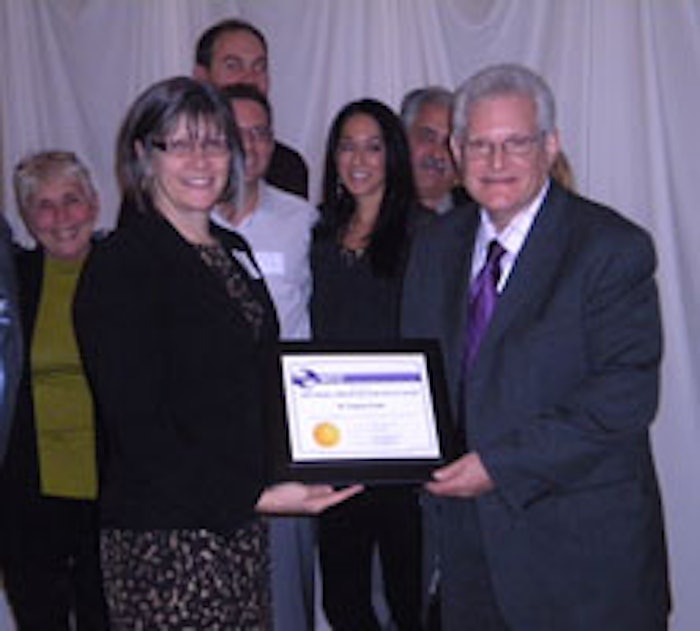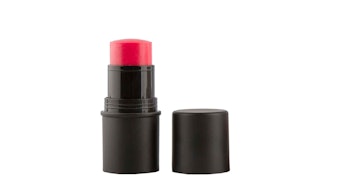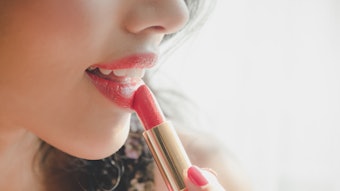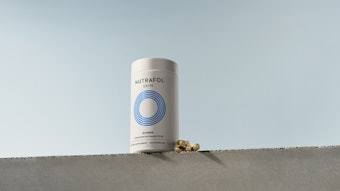
Although the number of cosmetic chemistry graduate programs around the world is growing, formulators and scientists often specialize in related fields and end up in cosmetics. Eugene “Gene” Frank, PhD, is one of them; his beginnings were in pharmaceutical chemistry, which gave him a head start in navigating cosmetic formulations. However, Frank’s experiences in this industry have taught him that not every novice formulator is as lucky, and he has served several years as chair of the scholarship program for the Midwest chapter of the Society of Cosmetic Chemists (MWSCC), spreading the word about this industry and awarding scholarships to educate students with cosmetic aspirations.
On Nov. 13, 2012, Frank was awarded the Stanley Allured Lifetime Achievement Award by the MWSCC for his dedication to the chapter and the education of its future members. Frank serves as a role model for those navigating the murky waters of cosmetic science, and his experience in R&D, for both contract and retail cosmetic manufacturing, provides a unique view for those just starting out.
C&T: What were your first impressions of the industry?
My first job was as a product development chemist for Kolar Laboratories in 1971. I had an undergraduate degree in pharmacy, so working with chemicals and formulation was not completely alien to me. I learned from the ground floor up how to make hair care, depilatories and skin care products. I had an advantage over those with just a chemistry degree, which provides a good theoretical background but usually no pure formulation classes. Cosmetics is really an extension of pharmacy, where you learn to compound and formulate.
C&T: What was the most difficult product type to formulate?
The company had certain specialty niches like depilatories, which involve chemistry using salts of thioglycolate acid. Those were difficult to do right and to make effective for the consumer.
C&T: Who were your mentors?
The first mentor was my pharmaceutical professor and advisor Fred Siegel, PhD, but the people who taught me the most once I was in the industry were George Kolar and Aaron Miller. Kolar was the owner of Kolar Labs and one of the founding members of the MWSCC, while Aaron Miller was technical director for the company. They taught me not only about the nuances of daily formulation work, but also how to relate to people and do things that are not technical. Being a technical person is one thing, but you have to be able to talk to people [your customers] to find out what they want.
C&T: Explain the difference between R&D for a contract vs. retail goods manufacturer.
When you are working for a retail goods manufacturer, in addition to technical people, you spend time dealing with other people such as marketing, legal, regulatory affairs, etc., to make sure what you are doing in the lab coincides with their direction. In contract manufacturing, you spend more time with outside customers.
C&T: What is one the greatest lessons you have learned?
You learn by experience. In scale-up, sometimes things do not work out. We had a customer who wanted to develop an analgesic balm, which we did without the final packaging, so we had nothing to test. They finally selected a certain tube that we had no experience testing. In scale-up, the tubes started to putty because the active, methyl salicylate, softened the plastic in the tube. I learned you should not produce something until you have done preliminary testing.
C&T: What technology has changed the cosmetics industry?
Volatile silicone cyclomethicone, which is used as a primary carrier in antiperspirant sticks, skin care, etc. We use a lot of it here (at Raani Corp.) to make products of that nature. Things like this did not exist 15–20 years ago.
C&T: What advice do you have for novice formulators?
Learn from the bench up. Work on the bench as much as you can the first couple of years to understand the nuances of cosmetic science. It is a combination of science and alchemy; it is like cooking. You can only learn so much from a book; the rest is from experience. Work under people who have experience and can guide you. Learn how to make some of the basic product types and practice making simple formulas. Also, work with your suppliers, who are a great source of technical information.
C&T: What do you see on the horizon for personal care?
Skin care companies are using micro-particles for sustained release, an offshoot of the pharmaceutical industry. Some cosmetic companies also are trying to market skin care products using stem cell concepts.
C&T: How do you think the pharmaceutical industry has impacted cosmetics?
I think it has impacted it a lot, primarily in crossover ideas. One example is transdermal delivery systems. Prescription drugs were being sold as transdermal patches nearly 25 years ago, and that delivery system is becoming more mainstream in the personal care industry for both OTC drugs and cosmetic products. Also, I am seeing a rise in targeted therapy cosmetics that address a specific disease state such as acne, dandruff or seborrhea so rather than making a dandruff shampoo, some companies put the active ingredient in a carrier to deliver it to where the disease is prevalent.










